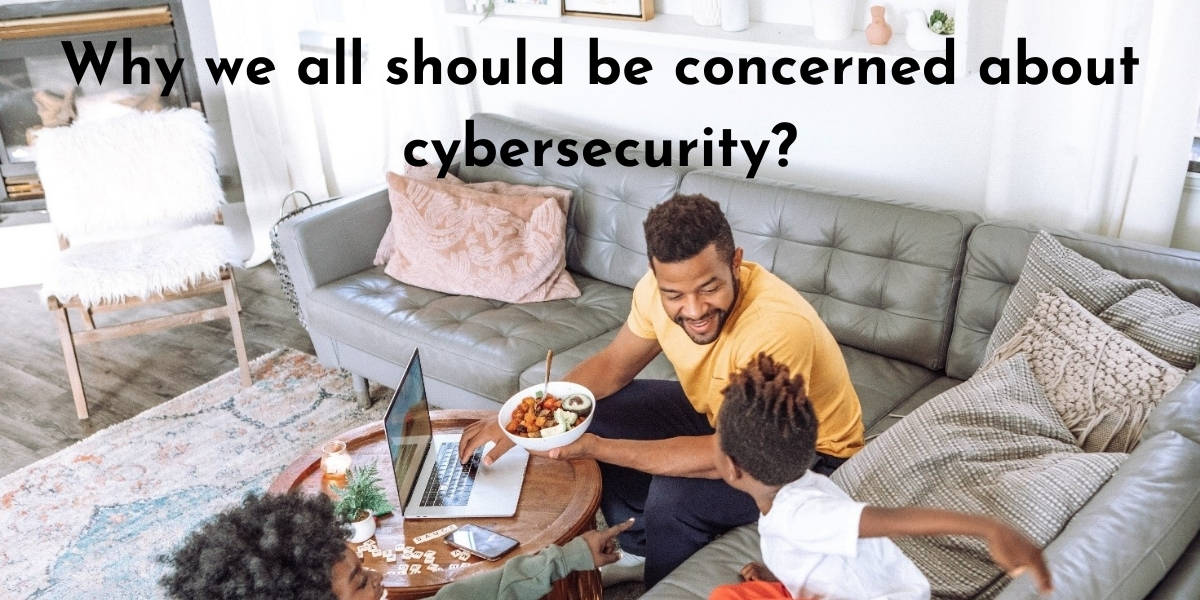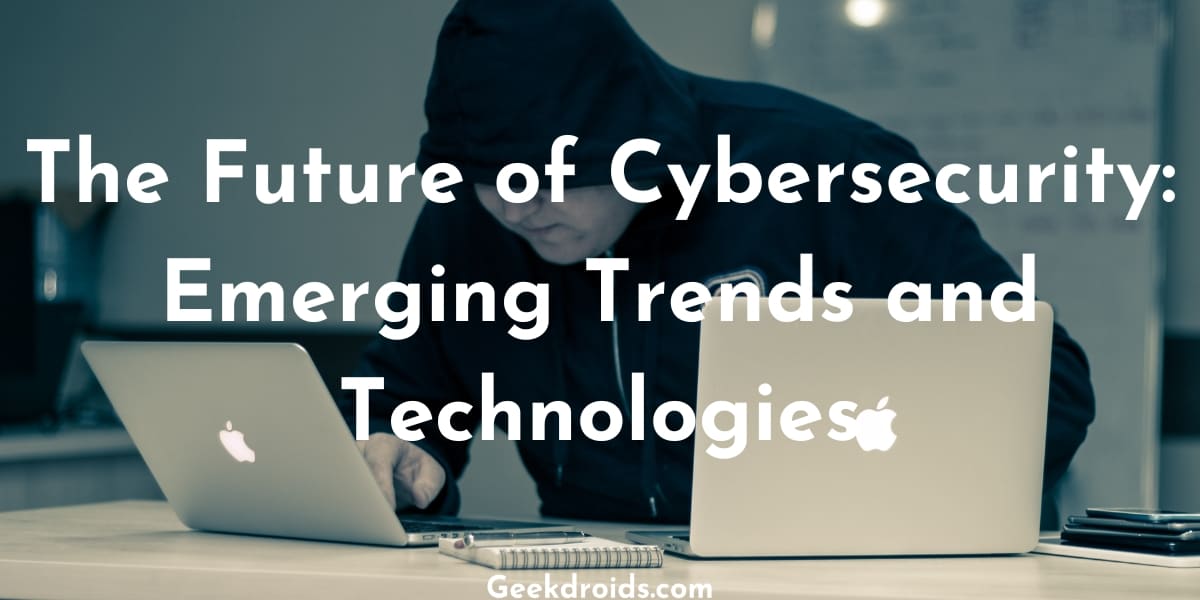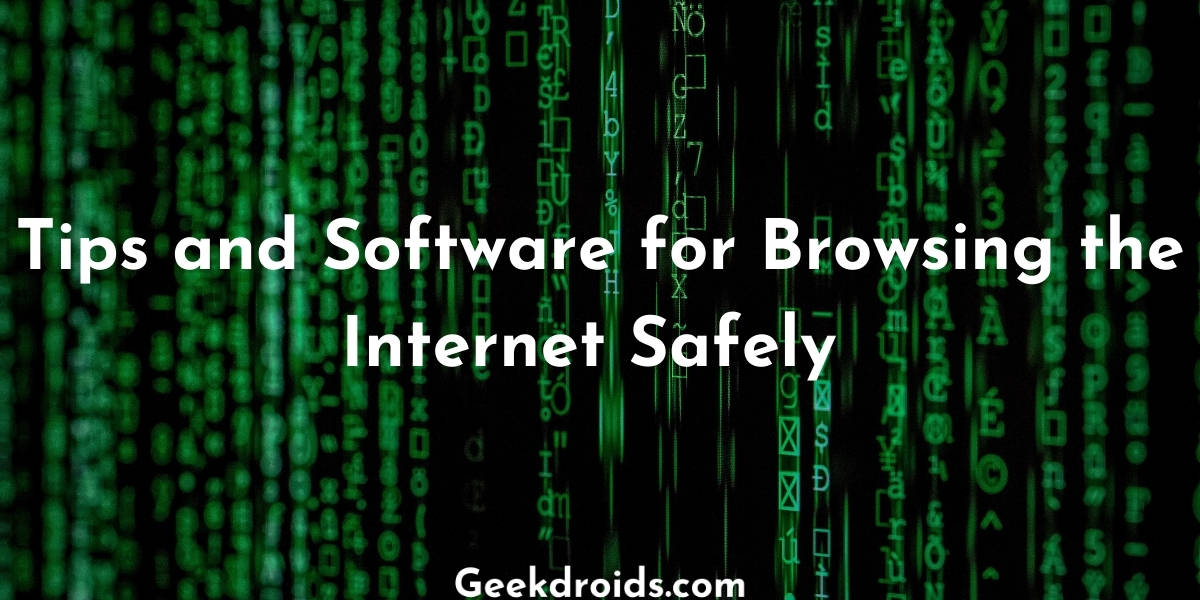Technology is becoming more apparent in every aspect of our lives, and as the need for technology grows, unfortunately, so does the risk of your data being corrupted or stolen by malicious hackers and cyberattacks.
There’s no point in denying it; we live in a digital world. Our work lives, personal lives, and finances have all started to gravitate toward the world of the internet, mobile computing, and electronic media. Unfortunately, this undoubtedly makes us more prone than ever to malicious attacks, invasions of privacy, fraud, and theft.
The days when cyberattacks only affected large global companies and celebrities are long gone, unfortunately. The new breed of cybercriminals is targeting smaller companies and organizations as opposed to just concentrating on large corporations. On top of that, everyday consumers are also being hit and experience things such as phishing schemes, ransomware attacks, identity theft, data breaches, and financial losses.
It takes just five minutes to hack an internet-connected device, which includes your smartphone, smartwatch, car computer, smart television, and smart home control systems, according to a Netscout report.
According to recent research, cybercrime cost the world in excess of $2 trillion in 2019. Cybersecurity experts have predicted that damages would hit $6 trillion by 2021, prompting global spending of roughly $10 billion in cyber-security measures by 2027 to protect against these catastrophic losses. If you were in any doubt about the scale of the problem, be sure to keep up to date with the latest cybersecurity news.
Hackers have an entire toolbox worth of tricks at their disposal when it comes to infiltrating your system.
Denial-of-service (DoS) Attacks
Page Contents
Hackers flood a network with requests to mess around with your bandwidth, these attacks are annoying, but one of the less intrusive and are meant to be a nuisance more than anything else.
Man-in-the-middle (MitM) Attack
This attack happens when these cyber-hackers put themselves into a two-party communication. Once they manage to get in, they can then steal your personal data.
Phishing Attacks
Phishing attacks use fake text messages and emails to get consumers to give hackers access to private information. It is one of the most common attacks that hackers use, predominantly against the general public.
Malware
Malware attacks usually consist of ransomware, spyware, viruses, and worms. Downloads or emails generally deliver these kinds of attacks from suspicious sites.
SQL Injection Attack
Hackers inject malicious code onto a server using SQL; it is common to occur via a vulnerable website search box. Successfully carried out, this allows the hacker access to information that would otherwise be kept off-limits.
Password Attack
Just what it sounds like. Hackers attempt to crack your password, usually a poorly chosen one, and gain network entry that way.
In general, consumers seem to think they are immune to these attacks, but they can happen at any time in any place, and prevention is better than cure.
Here are some things that you can do to protect your data and yourself from these “Cyberpunks”:
- Practice Good Password Selection – You need a good, strong password that ideally consists of a mixture of upper and lower case characters, numbers, and special symbols or characters such as @*$.
- Keep Your Wi-Fi Secure – Wi-Fi security often gets overlooked, so you need to ensure that your Wi-Fi network is protected too.. Use WPA2 (Wi-Fi Protected Access version 2) for your security method.
- Install Antivirus Software – If your internet provider doesn’t provide you with an antivirus solution, then pick up something from Norton, McAfee, or Symantec; it’s not expensive, and it’ll pay for itself in the long run.
- Avoid Suspicious Emails and Texts – If you receive an email and don’t recognize the email address or the text sender’s phone number, don’t open it up, don’t reply. Don’t do anything other than deleting it! If it looks suspicious or a little dodgy, then it probably is.
- Use Firewalls and Encryption – Encryption is pretty much essential, especially if you are dealing with financial transactions. Encryption software scrambles data so you can only access it with the use of an encryption key. So, even if your information falls into the wrong hands, without the encryption key, it’s useless.
- Don’t Lose Track of Mobile Devices – The easiest and most successful way that hackers gain access to your network is to physically steal your laptop, tablet, or smartphone and log in. This is why you should always log out of your devices when you have finished and never let any of your devices out of your sight.
- Practice Good Bluetooth and GPS Usage – Hackers can hack your system by using your GPS or Bluetooth connection. GPS allows people to know where you are, so if you aren’t using it or don’t need it to turn it off.
- Download a VPN – A virtual private network (VPN) provides anonymity, privacy, and added security to users by creating a private network connection across a public network connection. VPNs can be used in combination with overlay networks and proxy servers.
In conclusion, hackers are getting smarter but so are software and app developers and consumers alike. By being careful and conscientious when dealing with your tech, we can, eventually, win the war against cybercrime for good.




